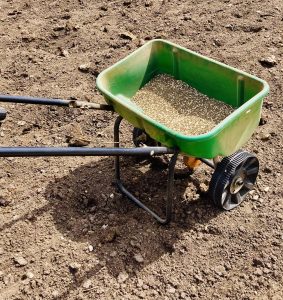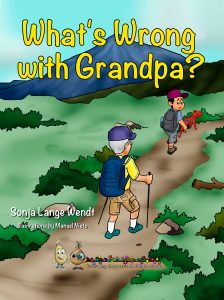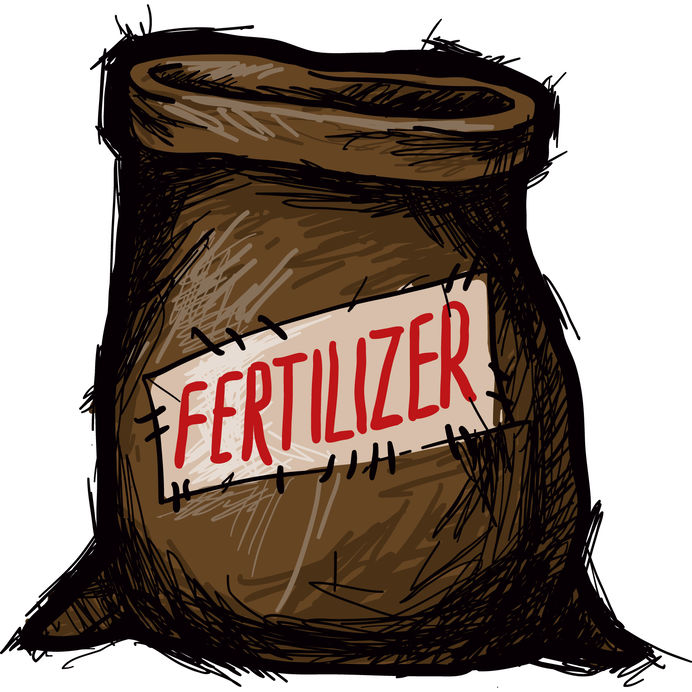Increase understanding leading to compassion
Seeds need to be fertilized because most soil does not provide all the essential nutrients required for optimum growth.

By fertilizing your garden, you replenish nutrients and ensure your plants have the food they need to flourish. How do you ensure your child has the food they need to bloom into a compassionate child?
The previous step in nurturing a compassionate child was to sprinkle them with knowledge. Now we must take it a step further. The next step is understanding. Understanding is not only applying that knowledge but being present and aware.
There is a difference between knowledge, understanding, and even wisdom. I love how the bible verses from Proverbs 3:13-14 compares the value of wisdom, knowledge and understanding. Having these are more valuable than any tangible item. It states, “For the Lord gives wisdom; from His mouth come knowledge and understanding. Blessed is the one who finds wisdom, and the one who gets understanding, for the gain from her is better than gain from silver and profit than gold.”
Knowledge to me is having the facts, data, information, and the skills usually obtained through education or experiences. Understanding in its noun form, is then to apply the knowledge.

I remember in high school math memorizing equations and formula’s and wondering when I’d really apply any of it. Math story problems were difficult to me but at the same time, I enjoyed them the most since they were practical applications. It was rewarding if I was able to solve them. Knowledge is knowing the formula. Understanding is being able to apply the use of it. This becomes more evident as variables change as they often do in the world.
Understanding is also an adjective, an understanding person. It describes someone, as in having a form of compassion, sympathy, or empathy for someone or something else. The best way for me to describe it is that it is the sensual or deep feeling part of comprehension.
In one of my children’s book stories, What’s Wrong With Grandpa, seven year old Joey’s grandpa talks really loud in the diesel truck on the way to a trailhead one spring morning. Joey interprets this as his grandpa is mad at him but doesn’t understand why.

Through communication as the story evolves, Joey learns, or gains knowledge as to why his grandpa was talking loudly in the truck. His grandpa wasn’t mad at him at all. He finds out that his grandpa got new hearing aids and is adjusting to using them especially when there are loud sounds, like a diesel truck along with softer sounds like Joey’s voice. Communication was the fertilizer feeding Joey with what he lacked in order to fully understand, leading to compassion.
In the same story, Grandpa trips on a root on the hiking path after putting his glasses on previously to read a bird identification book. Joey finds out later that his grandpa got new glasses. They were the progressive lenses that take some getting used to without falling flat on your face. Joey now has the knowledge, the first step in understanding. Joey grabs his grandpa’s glasses and puts them on himself. He sees how differently things look. He literally sees and comprehends the difficulty his grandpa has been experiencing. In this case, experiencing the situation filled the void in his understanding. Experiencing was the fertilizer feeding Joey with what he lacked in order to fully understand, leading to empathy and compassion.
It seems the world needs improvement on understanding, and compassion for others. We need to communicate with each other and really listen to understand, not just to react. Comprehension is needed to understand what it is like in different situations, to identify with others, and relate to their situations. Expanding our experiences broadens our perspectives, increases our knowledge, and allows us to increase our understanding leading to a more compassionate society and world.
Fertilize your child through communication and different experiences so they can gain the nutrient richness of the soil. It is not the material wealth they will gain, but the heart felt understanding that is worth more than gold or silver or any other earthly treasure. Nourish your child so they will bloom into a magnificent, compassionate human being, something that we so desperately need more of in this world.
This is the fourth in the series of DIG IN, Steps to Cultivate Compassion in Children. The others are: 1) Let’s Talk Dirt 2) Plant Perennial Seeds of Compassion That Grow Deep Roots and 3) How to Water the Seed with Compassion — Sprinkle Them with Knowledge
Sonja Wendt
Enhancing children’s sensitivity in human interactions one story at a time.
- Author and Reading & Seeding Leadermedu
- Cultivating Compassion in Children Books Series
- 720-260-6296
- https://sonjawendt.com/
- Books Available on Amazon: http://bit.ly/SonjaLangeWendt
©2021 sonjalangewendt All Rights Reserved



Comments are closed.